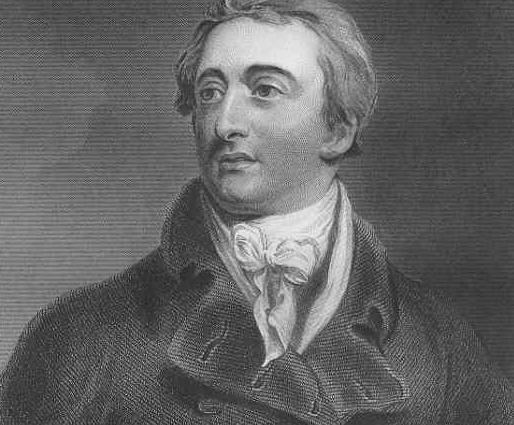Lieutenant General Lord William Henry Cavendish-Bentinck , known as Lord William Bentinck (1774- 1839), was a British soldier and statesman. He served as Governor-General of India from 1828 to 1835
In 1834, the British Parliament’s new Charter for the East India Company abolished its trading functions. Instead, the Company became an agent of the British government, administering British India on behalf of the Crown.
The Governor of Calcutta, Lord William Bentinck, was appointed Governor General of India. Bentinck was at that time recuperating in Ootacamund and was unfit to travel.
Sir Frederick Adam, the Governor of Madras, Lord T.B. Macaulay and Colonel Morrison, who had been appointed members of the Supreme Council, were accordingly summoned to join him in the hills, where the first Council under the new Act was held and the new Government constituted. Macaulay was carried from Madras to Ooty in a palanquin over nine days via Bangalore.
Bentinck stayed in ‘Sir William Rumbold’s large house’ which is now the Ootacamund Club. The land on which the club stands was originally owned by Sullivan
Initial discussion on Macaulay’s ‘Minute upon Indian Education’ and the Indian Penal Code is believed to have begun at Ootacamund. Bentinck had announced the formation of a Tea Committee just prior to his arrival in Ootacamund to promote growing of tea, especially in the northern parts of India. Thanks, perhaps, to his presence in Ooty at that time, the Nilgiris was also included as a potential tea growing area.
Nilgiri Documentation Centre

